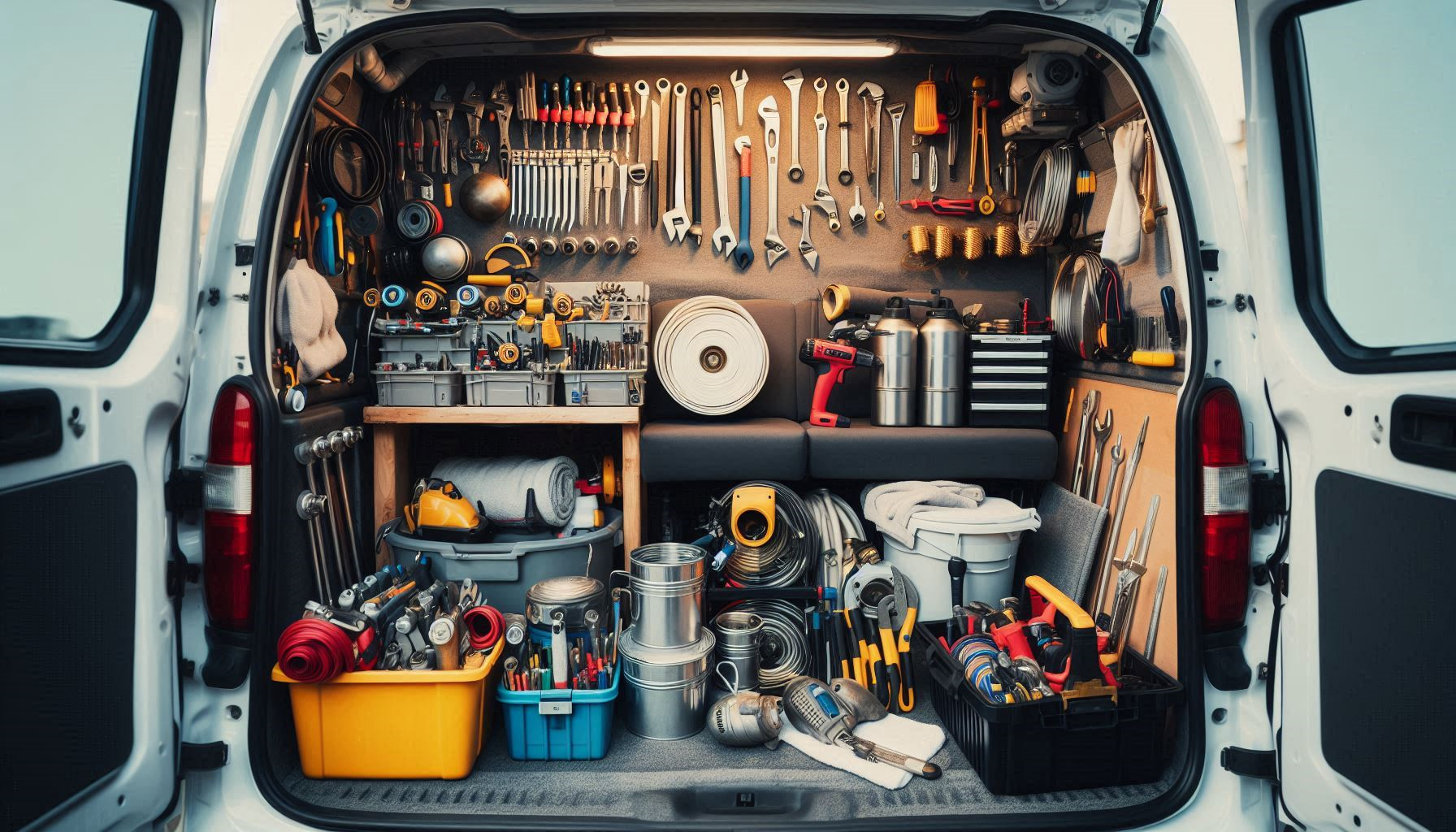Setting Up as a Self-Employed Plumber: 6 Tips for Success
- 29 Oct 2024
- Articles
With the demand for skilled tradespeople high, going solo gives you the freedom and flexibility to grow your own business. However, launching a new venture also comes with risks and responsibilities. Follow these tips to help set yourself up for success when starting out on your own as a plumber in the UK.

Get Qualified
Gaining recognised plumbing qualifications is essential to establish your expertise and ability. All plumbing work in the UK must comply with building regulations, so customers will look for qualified tradespeople. Completing a Level 2 or 3 NVQ Diploma in Plumbing through college or an apprenticeship programme demonstrates you have the training and competency required to take on jobs. Many self-employed plumbers also pursue additional qualifications in areas like gas engineering and renewable technologies to stand out.
Build Up Industry Experience
Before going solo, it helps to build up at least 2-3 years of professional experience working for a plumbing company or under an experienced mentor. This allows you to hone your practical skills, learn the ins and outs of the trade, and make industry connections. Approach local plumbing firms offering your services as a subcontractor to gain broader on-site training. The more experience you have under your belt, the more prepared and confident you'll be to take the leap into self-employment.
Get Insured
Relevant insurance policies are a must to protect yourself working independently. Take out public liability insurance of at least £2 million to cover any injury or property damage. Professional indemnity insurance also covers compensation claims made against your work. Install adequate vehicle cover if you will be using a van.
Invest in Equipment
To carry out jobs professionally as a sole trader, you'll need an array of essential plumbing tools and kit. Quality power tools, wrenches, cutters, torches, plungers and plumbing supplies are fundamentals. A well-stocked, organised van allows you to transport everything efficiently between jobs – look at used vans on finance to spread the cost of purchase. Consider buying robust second-hand tools or hiring equipment for infrequent jobs. Hardwearing workwear and PPE are also necessities to look the professional part on site.
Market Your Services

A solid marketing strategy helps drive business as a new plumbing venture. Create professional business cards, flyers and a website showcasing your services. SEO optimisation and social media promotion can enhance your visibility to local searchers online. Run targeted Facebook and Google ads. Partner with complementary trades like electricians and builders to generate word-of-mouth referrals. Consider offering introductory discounts or deals to build your customer base when starting out. First impressions count, so ensure all branding and marketing reflects your reliability.
Admin & Finance
Staying on top of paperwork and finances is key to avoid issues as a sole trader. Record keeping for tax and accounting purposes needs to be thorough and organised. See an accountant to advise on tax, National Insurance, invoicing, record keeping and filing annual accounts. Have a business bank account and keep personal and business finances separate. Learn how to chase debts and avoid late payments to maintain cashflow. Make a budget plan to monitor your revenue and outgoings while establishing the business.
Following these tips can help launch your plumbing business and put you on the path to success working independently.








